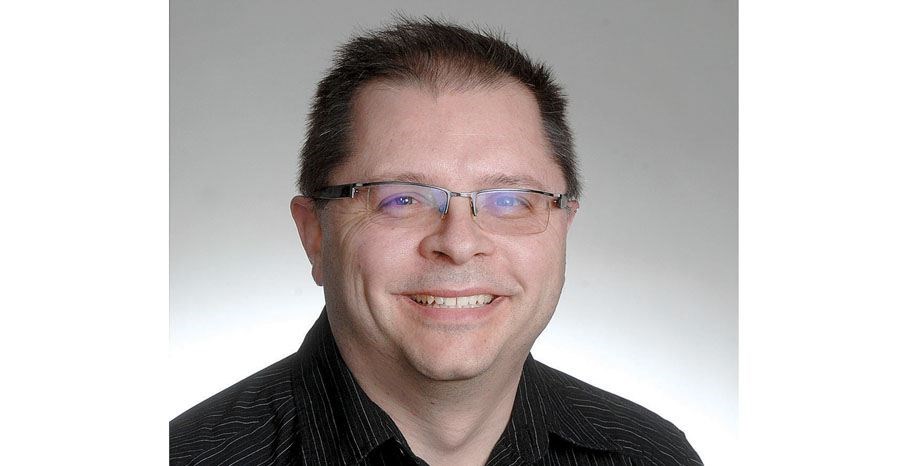"President of UNBC Dr. Charles Jago can't wait until the year 2015 rolls around," reporter Bernice Trick wrote in the Sept. 13, 2002 edition of The Citizen. "His vision is that by that time UNBC will have graduated about 200 doctors, that's half the number of doctors currently practicing in Northern B.C."
How far off was Jago?
With the 2015 class, there have now been 223 graduates of the Northern Medical Program.
Too bad more people aren't better at predicting the future more of the time. The best job in the world has to be a weather forecaster because you get to make all sorts of short and long-term predictions with little accountability about whether it was right or not. When it's wrong and someone calls them on it, they cite this variable or that outlier that threw the calculation off.
They'll get it right soon. Maybe tomorrow.
Weather forecasters try hard to get it right, of course, and that's not to say they intentionally get it wrong, either. Their role is to help people prepare for excessive heat or cold, rain or snow, or a sudden storm with dangerous winds, lightning and hail.
The same goes for economists and analysts in various business and industrial sectors. How often do they have to miss the collapse in the price of oil? How long have they been saying Vancouver is due for a "correction" in real estate prices?
They'll get it right soon. Maybe tomorrow.
In the meantime, a home sold in West Vancouver this week for $1.1 million above its listed sale price.
Predictions can't be trusted at the best of times and politicians making predictions at election time... well, only darkness and tears can be found down that path for anyone willing to walk it. Christy Clark's LNG pledge two years ago is looking increasingly suspect but that's small potatoes next to the whopper that Stephen Harper and his G7 colleagues hatched Monday, vowing to eliminate fossil fuels from their economies by 2100. Even worse, Harper tried to downplay Canada's commitment, even as Canada's oil and gas sector expressed confidence they can meet that target.
It's easy to brush aside meeting a target 85 years in the future because the majority of people currently alive won't be. Putting it into a wider context, it would have been like Mackenzie King making a 2015 promise in 1930. In that year, King so underestimated the scope of what was becoming the Great Depression that he was booted out of office in that summer's election and wouldn't be back in power until 1935. In other words, he couldn't see the economic apocalypse as it was happening before his eyes, never mind 2015.
They'll get it right soon. Maybe tomorrow, maybe 85 years from now.
As for Jago, he should be commended for his foresight but not too much stock should be put in his or anyone's predictive powers. Weather forecasters get it right a lot, partly thanks to their increasingly sophisticated modelling software and largely because they make hundreds of predictions per year.
In reaction to the G7 announcement, the Canadian Press interviewed author and University of Waterloo academic Thomas Homer-Dixon for a reaction. Homer-Dixon was less than impressed with the G7 declaration, insisting that global violence brought on by climate change and environmental stress will be common by 2030 or 2040. He's hardly the first academic to take such a pessimistic view of the environment. Paul Ehrlich's 1968 bestseller The Population Bomb called for mass starvation brought on by overpopulation (when the global population was half of what it is today). Two years later, Norman Borlaug accepted the Nobel Prize for his pioneering work in agriculture that brought on the Green Revolution and allowed for a massive increase in food production, preventing the global crisis Ehrlich insisted was around the corner.
Homer-Dixon got it right once, though. In his book The Ingenuity Gap, published in 2000, he warned how anti-American extremists taking shelter in poor, war-torn countries would increasingly target the United States and its allies directly. He used Osama bin Laden and Afghanistan as his example, a year before 9/11.
He got it right then. Doesn't mean he (or university presidents or newspaper pundits) know what's going to happen tomorrow.



